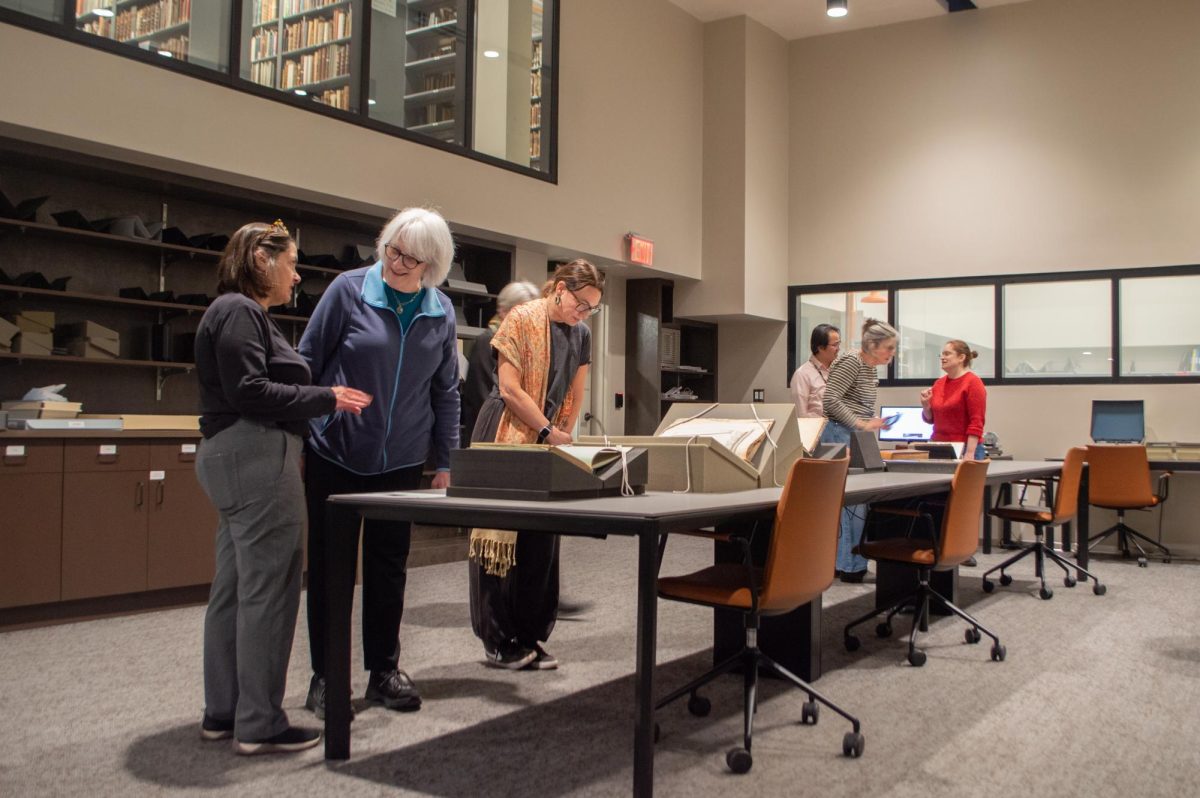By Isaac Feldberg, political columnist
Small steps are sometimes all we have.
To a politically active student on an exceptionally international college campus in one of America’s most liberal cities during what has been the most politically tumultuous year in decades, it can be discouraging to note the calculated inexactitude of President Joseph E. Aoun’s community addresses. These e-mail communiqués, typically distributed in the wake of a national tragedy or inflaming event, don’t err on the side of caution so much as wallow in platitude.
For example, in October, Hurricane Matthew’s destruction in Haiti garnered an e-mail from Aoun, calling for members of the university to “take action to support our community members” and urged students to offer assistance. Had the university followed up with any concrete or financial shows of solidarity with the devastated nation, the message would have rung a little less hollow.
The next month, a noted racist, xenophobe and chauvinist was elected president, marking the conclusion of a grueling, dispiriting campaign fueled by white supremacy, patent falsehood and pervasive scapegoating of minorities. Evidently loath to condemn the then-president-elect in any certain terms, despite the formerly apolitical repugnance of what his run for the White House had unleashed on public discourse, Aoun instead penned a paean to the university’s “inclusive and mutually respectful worldview.”
The vagueness of his gesture drew rightful criticism from on-campus group Students Against Institutional Discrimination (SAID), which released a letter calling for Aoun and the Northeastern administration to specifically condemn the bigotry and deleterious vitriol of the president-elect’s campaign—as well as the appointment of a noted white nationalist, Stephen Bannon, to his inner circle.
“Unified, respectful and inclusive communities are not created by chance,” the letter read. “Northeastern will need to do much more than send a five paragraph-long e-mail to truly create the type of community it boasts.”
Since then, Aoun has failed to respond to any of the steps laid forth by SAID in its letter, skirting around declaring Northeastern a “sanctuary campus” and taking no concrete steps to make Northeastern the safe space as which it often self-identifies. In many ways, he has looked beyond the pressing demands of the student body. He has not assigned an office or administrators to assist students affected by Deferred Action for Childhood Arrivals and others lacking the privilege of citizenship (beyond WeCare), nor has he explicitly opposed the appointment of any nominees to President Donald J. Trump’s cabinet or administration.
And yet, as the Trump administration has blundered and blathered its way through its first month, Aoun may be on the verge of finding his tongue.
On Jan. 28, the Northeastern president released an e-mail addressing the executive order widely known as the Muslim Ban, acknowledging that its implementation came amid “times of distressing change and uncertainty” while reaffirming that Northeastern would continue to serve as a global community. Though adopting the same vague, non-offensive stance his past e-mails have taken, the communication at least made an attempt to address the culture of consternation Trump’s discriminatory worldview and policymaking has heightened. Luckily, it wouldn’t be Aoun’s final word on the subject.
Last Friday, Northeastern joined seven other universities in filing an amicus brief opposing Trump’s executive order on immigration, calling it in a sharply worded weekend letter “antithetical to our core values and completely unacceptable” while noting the university’s personal stake in the matter (with the ban affecting 250 Northeastern students and 31 faculty and staff members).
“To the 250 Northeastern students and 31 faculty and staff impacted by this executive order: Your story is my story,” said Aoun in the letter. “You have my unwavering pledge that your university will stand by you, safeguard you and be your home away from home.”
Let’s be clear: Aoun’s letter cannot be the end of his correspondence on this matter. The e-mail lacks specificity in terms of its failure to declare Northeastern a sanctuary campus, to propose tangible steps to support affected individuals or to unambiguously condemn the Islamophobic, isolationist rhetoric that constitutes the hateful undercurrent of this order.
And yet to a frequent critic of the administration, one disillusioned by its imprecise wording and demonstrated reluctance to take strong, proactive stances on key issues that directly impact its community members, Northeastern’s part so far in responding to the executive order holds a glimmer of promise. Whatever comes of the brief, and the lawsuit it pertains to (Louhghalam v. Trump, filed by the American Civil Liberties Union of Massachusetts), such a movement by a notoriously sluggish administration indicates that Northeastern may be more than a passive bystander in the fight for civil liberties set to unfold across the next four, perhaps eight years.
Furthermore, Aoun’s unexpectedly forthright tone indicates a potentially shifting administration, one that understands the value of confrontation. Sometimes small steps are all we have—and this is one. Northeastern is finally showing awareness that both its global community and the international reputation on which it’s built its reputation are under direct, ongoing threat. And if the school is to keep either, one thing is resolutely clear: It’s going to have to fight for them.
Photo courtesy Derek Yu, Creative Commons








